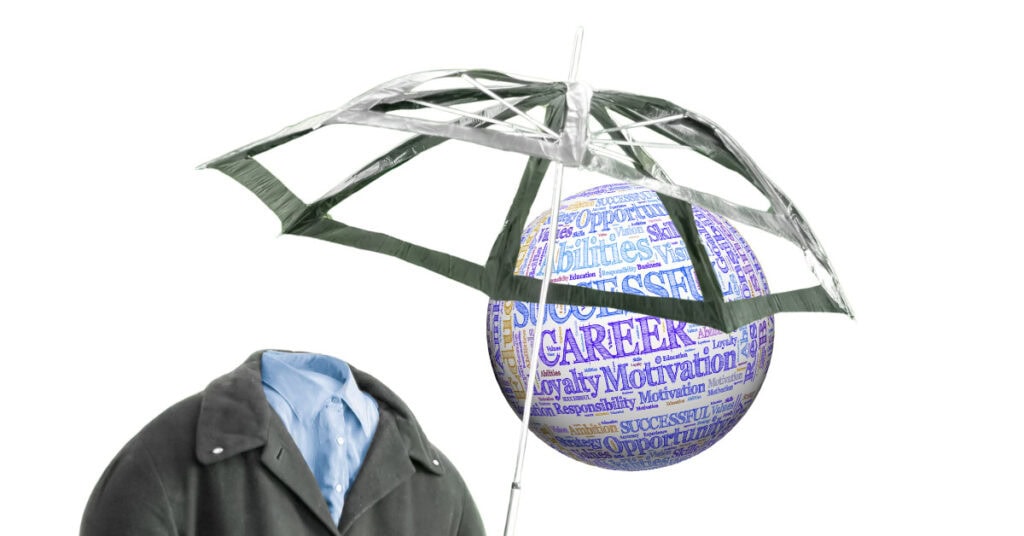Top 4 tips to help you know when to contact the hiring manager
 A frequent question I get from job seekers is “When to contact the hiring manager? Job seekers are often bewildered as to how often is too often, what is the protocol, and how could I hurt my chances by contacting the hiring manager.
A frequent question I get from job seekers is “When to contact the hiring manager? Job seekers are often bewildered as to how often is too often, what is the protocol, and how could I hurt my chances by contacting the hiring manager.
If you are as bewildered as the young lad looks in the photo, let me help you find the answers.
What is a Hiring Manager?
Before we get to deep into this, let’s discuss how to find the hiring manager and what I mean by the hiring manager. Most of us understand the terms human resources or personnel. In some companies, you will need to start your contact at HR. But not always. HR processes your application, probably sifts out the under-qualified and the unqualified, and selects the top candidates for the hiring manager to review.
Sifting out the true hiring manager
 Treat this like a spy game. You are searching for the clues, conducting espionage, sifting through the facts.
Treat this like a spy game. You are searching for the clues, conducting espionage, sifting through the facts.
Even when you do have to start with HR, it is okay to expand your contacts to the true hiring manager. The hiring manager is the person who will make the ultimate decision.
The hiring manager could be the department head or it could be a manager, a Vice President, a Director, or even the owner or CEO. Whoever makes the decisions for the area of the company that you would like to work in is the hiring manager you are targeting.
This is your mission. Seek out and research hiring managers on Google, the company website, LinkedIn, and sites like CNN Money or Fortune depending on the type of company and position. Gathering this information will help throughout your job search, interview process, and eventual hire.
When to contact the hiring manager
- You sent in your application online and you are not really sure if it got there. Some companies do use auto-responders but others do not. This is your free call (CALL not email.) If there is a glitch in the system, by emailing you will not know. So CALL the best number you can find. You can start with HR here if you have no other leads.
- It has been 7-10 days since you last heard from the company. This is an acceptable length of time between contacts. Again this is a CALL not an email.
- You have been interviewed. You may at this point be working with a recruiter but at this point, every person who impacts this application should be getting thank yous by email, hand-written mailed thank yous, or if your handwriting is impossible, then typing is another option. The choice of which type of thank you is based on what kind of urgency you sense. Email is faster and in some very technology-based companies may be preferred.
- They told you that they would contact you. Politely make the contact and double-check to see if anything changed. DO NOT get angry. There are many priorities in a company and though to you the filling of the position is your priority, there could be a myriad of business or even personal reasons someone did not get back to you. Stay polite and calm and make the tone that of a double-check call. – “I had in my notes that you would contact me two weeks from 1-5, I wanted to double-check that I had the timing right and then see if anything had changed with your timing.” POLITE!
While contacting the hiring manager too frequently could cause issues if you truly became a pest, more job seekers fail by not showing the interest in the position and not conducting a professional job search.
To get your job search working for you, simply click here!
Resume Design and Job Seeking Tips
Here are Design Resumes' latest articles on job search, resume design, resume writing, and Linkedin optimization articles I've written.
Julie Walraven
Professional Resume Writer
Here are ways I can help you land your dream job.
You may be halfway across the country or the world. When you work with me, we share coffee, laughs, and concerns. This turns the scary job search into creative, consultative writing and learning sessions.




